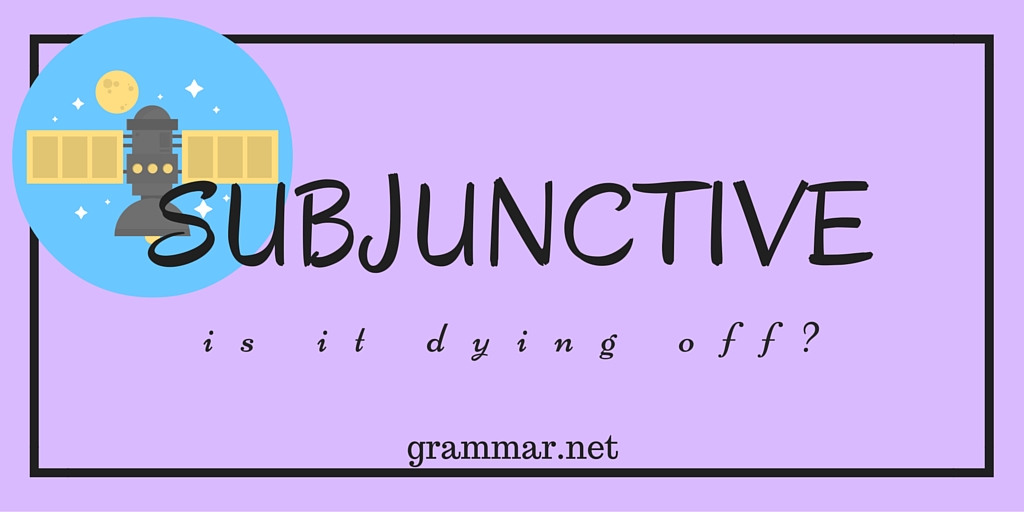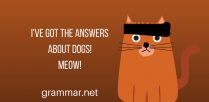Verb moods in English show how the sentence is being used. The most used moods for English verbs are imperative, indicative, interrogative, conditional and subjunctive.
Subjunctive Mood
This is called the least used mood of verb and sentence, and it could be argued that it is dying off. It suggests a situation that has not happened yet and might not ever happen: a wish, a possibility, a suggestion or something that is hypothetical. It includes impossibilities, things completely contrary to reality and imaginary situations. If it cannot happen, it is subjunctive. We can use that clause with the bare infinitive or omit “that”.
 It may be difficult to distinguish the forms of the Subjunctive mood from the Indicative. It would be easier for you to check the correct mood form using:
It may be difficult to distinguish the forms of the Subjunctive mood from the Indicative. It would be easier for you to check the correct mood form using:
– the third singular person in present
– any person of the verb “be” in present
– any person of any verb in present negative form
“Benny wishes he had more money.” He does not.
“If that puppy were a male, I would buy it.” It is not and cannot become male /The same sentence can have conditional meaning if we just see that puppy from the window and still don’t know if it is male or not.
“Betty suggests that he visit her on Sundays.” He may or may not visit her on Sundays.
“Betty wishes she not visit her today.” She may or may not visit her today, but we used the example of the third singular person in negative form in present.
Sometimes there might be some misunderstanding of the difference between Conditional/Subjunctive Moods. The issue is that Subjunctive includes impossible conditions, as well as Conditional does.
Please, study the following examples to see the difference:
Conditional
Under certain “conditions,” this situation might happen.
These conditions can be real in present:
“School will be called off if the snow gets any deeper.”
“We will eat out tonight if my paycheck comes in the mail.”
Imaginary conditions in future:
“If I found 1000$ in the street, I would tell my friends where to look for money.”
Imaginary conditions referring to the past:
“If I had felt bad, I wouldn’t have eaten so much yesterday.”








